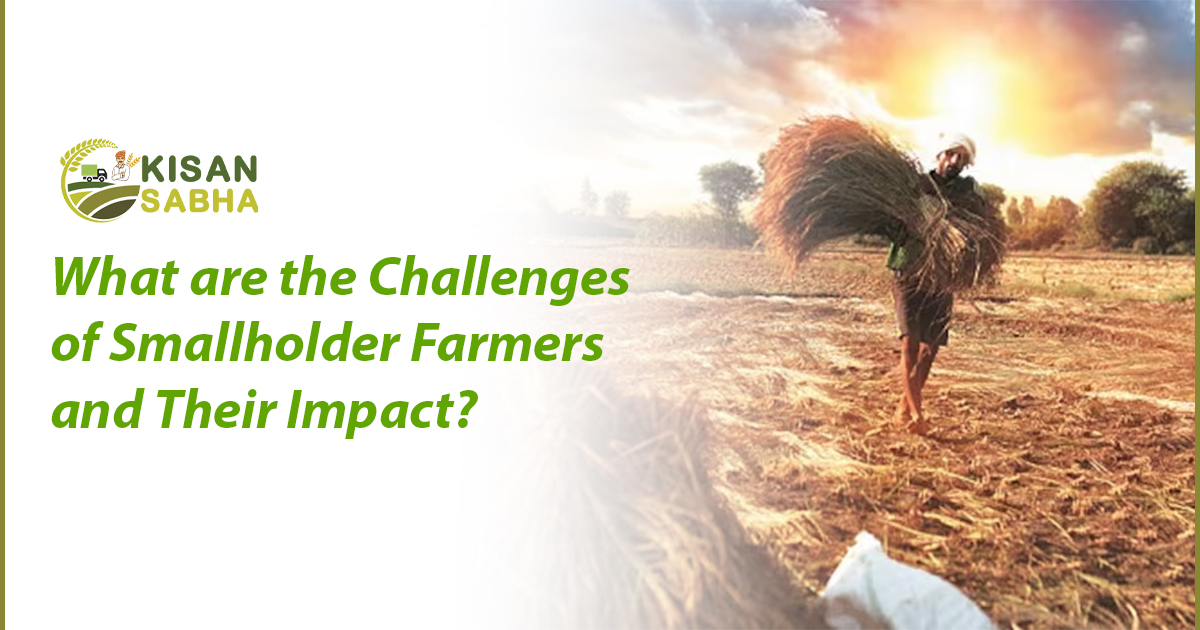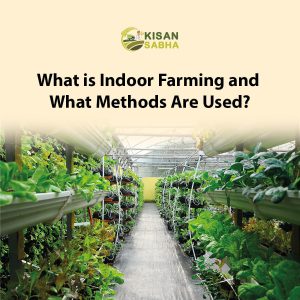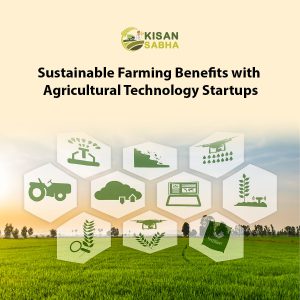Smallholder farmers are essential to food security and rural economies around the world. They produce a significant share of the world’s food, often with limited resources and in difficult conditions. However, smallholder farmers face several challenges, including:
- Lack of Land and Other Resources:- Smallholder farmers often lack secure access to land, water, and other resources. This can make it difficult for them to invest in their farms and improve their productivity.
- Climate Change:- Climate change is a major threat to smallholder farmers. Extreme weather events such as droughts, floods, and storms can damage crops and livestock, and make it more difficult for farmers to plan and produce food.
- Market Access:- Smallholder farmers often have difficulty accessing markets to sell their products. This can be due to several factors, such as poor infrastructure, lack of information about market prices, and competition from larger farms.
- Low Prices:- Smallholder farmers often receive low prices for their products. This is due to several factors, such as the power imbalance between farmers and buyers, and the lack of bargaining power for smallholder farmers.
- Poverty:- Smallholder farmers are often poor. This can make it difficult for them to invest in their farms, improve their productivity, and cope with shocks such as crop failure or illness.
In addition to these challenges, smallholder farmers may also face discrimination and marginalization based on their gender, ethnicity, or other factors.
Impact of Smallholder Farmer Challenges
The challenges faced by smallholder farmers have several negative consequences, including:
- Food insecurity:- When farmers are unable to produce enough food, it can lead to food insecurity and hunger. This is particularly a problem in developing countries, where they produce the majority of the food.
- Poverty:- The challenges faced by farmers can trap them in poverty. They may not be able to generate enough income to invest in their farms, improve their productivity, or meet their basic needs.
- Rural-Urban Migration:- When they are unable to make a living from farming, they may migrate to urban areas in search of better opportunities. This can lead to several problems, such as urban poverty, unemployment, and overcrowding.
- Environmental Degradation:- When smallholder farmers are unable to farm sustainably, it can lead to environmental degradation, such as soil erosion, water pollution, and deforestation.
Also Read:- What are the Challenges of Smallholder Farmers and Their Impact?
Addressing the Challenges of Smallholder Farmers
Several things can be done to address the challenges faced by smallholder farmers, including:
Providing Secure Access to Land and Other Resources
Governments and organizations can address the challenge of limited access to land and resources for smallholder farmers by implementing land reform programs, microfinance initiatives, and other support mechanisms. These measures aim to provide farmers with secure land tenure, access to water, and other necessary resources for agricultural production.
Helping Farmers to Adapt to Climate Change
Governments and organizations can offer training on climate-smart agriculture practices to assist smallholder farmers in adapting to climate change. Provide access to drought-resistant seeds and other inputs, and offer insurance against crop failure. These efforts aim to equip farmers with the knowledge and tools. It will mitigate the impacts of climate change on their agricultural activities.
Improving Access to Markets
Improving smallholder farmers’ access to markets can be achieved through various means. Governments and organizations can invest in building roads and other infrastructure to facilitate the transportation of agricultural products. They can also inform farmers about market prices and support the development of cooperatives and farmer organizations. These initiatives aim to enhance farmers’ ability to connect with buyers and access profitable markets.
Raising Prices For Farmers
Governments and organizations can work towards raising prices for smallholder farmers by negotiating better contracts with buyers and promoting fair trade practices. These efforts aim to ensure that farmers receive fair compensation for their produce. Which will enable them to improve their livelihoods and invest in their farms.
Investing in Rural Development
Investing in rural development is crucial for improving the quality of life for smallholder farmers and making farming more attractive. This can include investments in education, healthcare, and infrastructure. By creating an enabling environment and providing necessary support services, governments and organizations can enhance the overall well-being of smallholder farmers and encourage sustainable agricultural practices.
Addressing the challenges faced by smallholder farmers is essential for creating a more sustainable and equitable food system, reducing poverty, and improving the lives of millions of people worldwide.
Conclusion
They are essential for food security and rural economies worldwide. However, they confront various obstacles such as limited access to land and resources, climate change, market limitations, low prices, and poverty. These challenges result in adverse effects like food insecurity, poverty, rural-urban migration, and environmental degradation. To tackle these issues, several measures can be taken.
Therefore, it can include ensuring secure land and resource access for farmers, assisting them in adapting to climate change, enhancing market accessibility, increasing prices for farmers, and investing in rural development. Additionally, it is crucial to address the underlying causes of poverty and inequality. By addressing the challenges faced by smallholder farmers, we can foster a more sustainable and equitable food system. It will ultimately improve the lives of millions of people worldwide.




